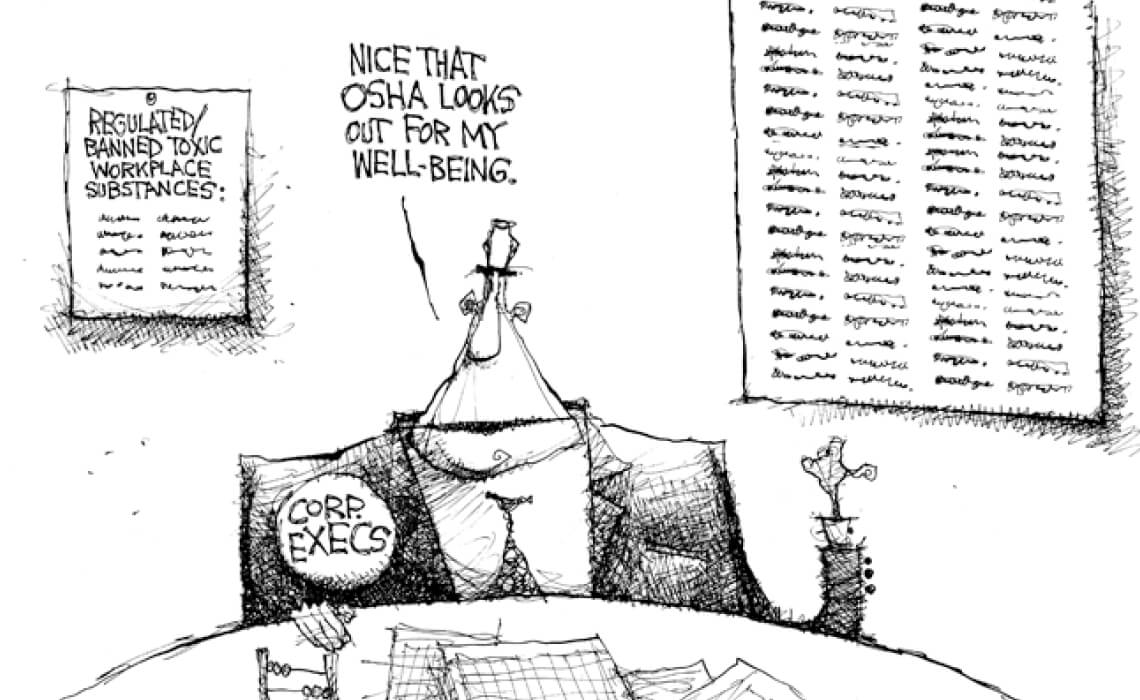Original reporting

Don't know much about history, don't know much economy...
Economics departments: limited range of courses at the advanced level; reliance on "chalk-and-talk" pedagogy.
How fiscally prudent is "lower the rate and broaden the base"?
It's the corporate tax reform mantra these days — at least on the Democratic side of the aisle. But serious questions have been raised about the underlying premises, fiscal prudence, and ultimate revenue neutrality of proceeding concurrently.
Reform agenda: economics classes that make you think
Critics of status quo identify range of options to transform intro and intermediate curriculum away from current narrow focus.
Econ curricula shortchanging majors and non-majors alike?
Economics education in profound conflict with the philosophy of a liberal education. Part 3 of our series.
Why are taxpayers helping companies pay for all their litigation?
An important benefit to one class of litigants is deeply baked into the current system. The tax code provides that businesses may deduct all of their legal expenses (lawyer and expert fees, and discovery costs) in all cases — win or lose, meritorious or non-meritorious, plaintiff or defendant.
Behind scientific façade, economics depts serve heavy dose of laissez faire
Though presented to students as "value-free," neoclassical economics is a cheerleader for free markets.
For U.S. universities, a failing grade in economics
Exposure to only a narrow subset of perspectives undermines students' ability to think critically about the economy.
Detroit’s woes can be eased, but region's officials avert their eyes
Reconstruction program done right would require policy makers to put aside one-dimensional narratives.
On manufacturing policy, White House remains in grip of “ratchet-down” consultants
In attempting to promote “insourcing” by American companies, the Obama Administration has embraced the report of a private consulting firm that asserts that gains in “competitiveness” can only be maintained with policies that have yielded lower wages and weak unions. The President praised business leaders who have brought jobs home for their patriotism, but experts suggested that businesses were simply looking at their bottom line.
Segregation and racial politics long the death knell for regionalism in Detroit area
Neither city nor suburban officials would look past selfish concerns.
Squandered opportunities leave Detroit isolated
Historical failure to achieve regional cooperation hastened, intensified city's decline. Experts suggest that city and entire region could have prospered through partnership.